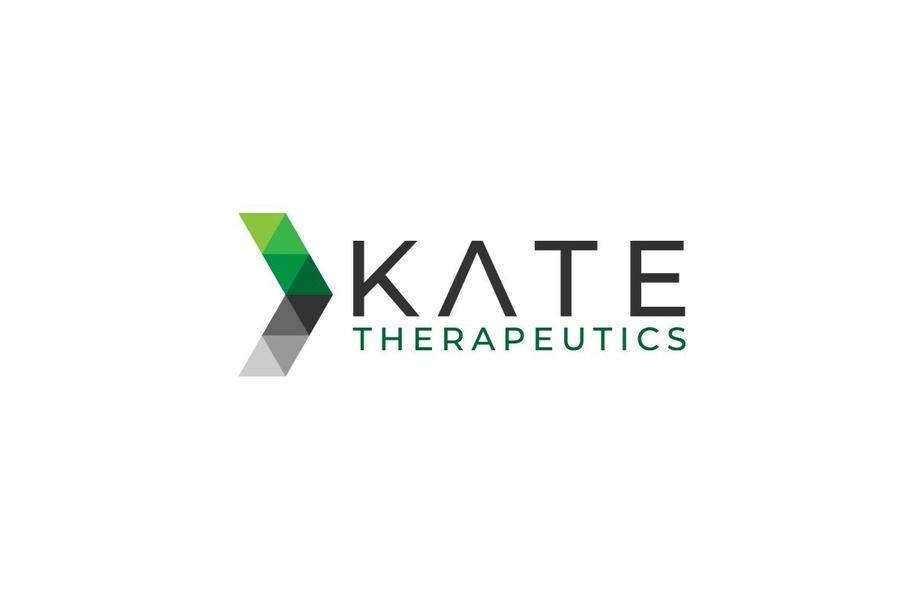Kate helps Astellas double up on XLMTM gene therapy

Astellas’ gene therapy for rare disease X-linked myotubular myopathy (XLMTM) has been hampered by safety concerns, so its decision to license an alternative from start-up Kate Therapeutics could prompt questions about the prospects for its current candidate.
The Japanese pharma has taken an exclusive license to KT430, Kate’s lead programme, which is still in preclinical development. The gene therapy uses a proprietary adeno-associated virus (AAV) capsid for delivery to tissues that preferentially targets muscle tissue and is designed to reduce the dose needed to generate a therapeutic effect, potentially limiting side effects.
The deal has been announced on the same day that Kate emerged from stealth mode with $51 million in first-round funding and a pipeline of gene therapy candidates for XLMTM, myotonic dystrophy type 1, and facioscapulohumeral muscular dystrophy.
The license gives Astellas a follow-up or possibly an alternative to AT132, its lead gene therapy that came from its $3 billion acquisition of Audentes Therapeutics in 2019. The therapy has, however, been linked to four patient deaths in the ASPIRO trial, which has been halted twice while safety signals were investigated.
AAV therapies are thought to carry a risk of such side effects as liver damage and inflammation. While the first three deaths with AT132 were in subjects with pre-existing liver disease who received a high dose of the gene therapy, the fourth involved a patient treated with a lower dose of AT132 who had a normal liver ultrasound at enrolment. He was the first participant dosed in ASPIRO after the most recent clinical hold imposed by the FDA was relaxed.
Astellas still lists AT132 as an active programme in its pipeline and said in a statement that “the addition of this new potential gene therapy treatment for XLMTM, along with our current AT132 programme, further enhances our commitment to this patient community.”
XLMTM is a serious, life-threatening, and rare neuromuscular disease that is characterised by extreme muscle weakness, respiratory failure, and early death.
Astellas has already taken hundreds of millions of dollars in impairment charges in its accounts linked to revised forecasts for AT132, along with decisions to abandon other pipeline projects, including three gene therapies for Duchenne muscular dystrophy.
The company clearly has no intention of lifting the accelerator in gene therapy, however, and has agreed a series of bolt-on deals in the last couple of years to expand its pipeline and technology base, including a $1.6 billion deal with Dyno Therapeutics on an AAV vector platform specifically designed to reduce the risk of side effects.
Financial terms of the Kate agreement have not been disclosed, but include upfront and milestone payments, as well as royalties on any future sales.













